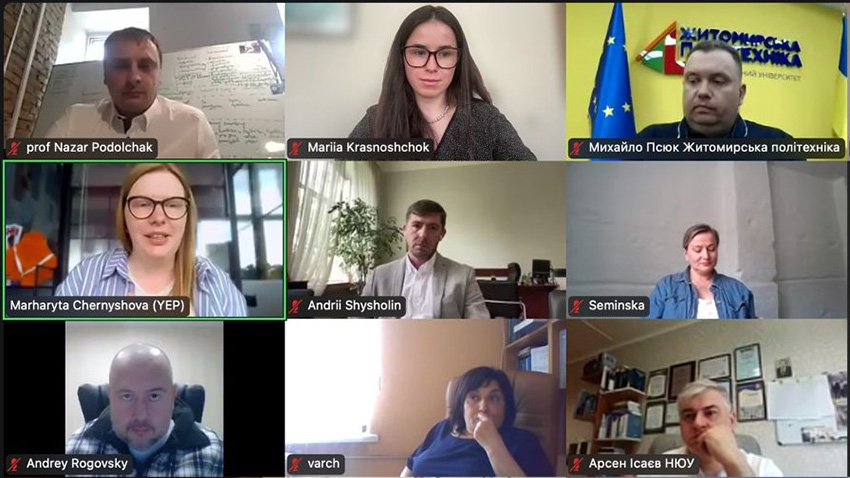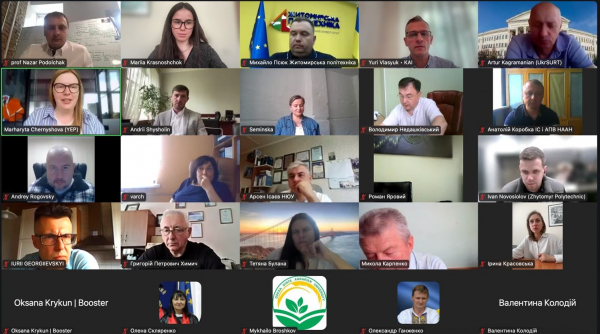On June 25, 2025, the Ministry of Education and Science of Ukraine held the final session on a series of webinars for representatives of the startup schools – incubators – accelerators and startup studios. The event was dedicated to the topic Science Parks. Ukrainian context and legislation.
The purpose of the event was to discuss the potential of science parks as a platform for interaction between universities, research institutions and businesses, as well as to identify areas for improving legislation to develop the innovation ecosystem.
In her opening speech, Iryna Krasovska, Head of the Expert Group on the Development of Science Innovations at the Ministry of Education and Science of Ukraine, emphasized the importance of consistent state support for science parks. She noted that about 10 out of 40 registered parks are currently conducting business activities, which indicates systemic barriers that need to be addressed comprehensively.
The panelists were:
- Mykola Karpenko, Director of Agro Perspectiva Science Park, Mykolaiv National Agrarian University;
- Nataliia Seminska, Director of the Additive Technologies Science Park, Ihor Sikorsky Kyiv Polytechnic Institute;
- Mykhailo Psiuk, Director of Zhytomyr Polytechnic Science Park;
- Nazar Podolchak, Director of SID City Science Park, Lviv Polytechnic National University;
- Yurii Vlasiuk, Director of the Center for Innovation, Kyiv Aviation Institute.
The key topics included practical steps to create science parks, barriers, ways to attract partners, and ensure an internal ecosystem.
In the final part of the session, Maria Krasnoshchok, consultant to the Ministry of Education and Science on innovation ecosystem development, presented the concept of Science.City, a new legal framework that provides for:
- reduction of the tax burden for science parks;
- simplification of lease and procurement procedures;
- creation of a unified register of science parks and a transparent mechanism of benefits;
- empowerment of higher education and research institutions in innovation activities.
«Science.City will allow science parks to operate in a competitive environment, reducing fiscal pressure and eliminating bureaucratic barriers that have hindered the development of university-based innovations so far», said Maria Krasnoshchok.
The event ended with a summary and an open question and answer session.

